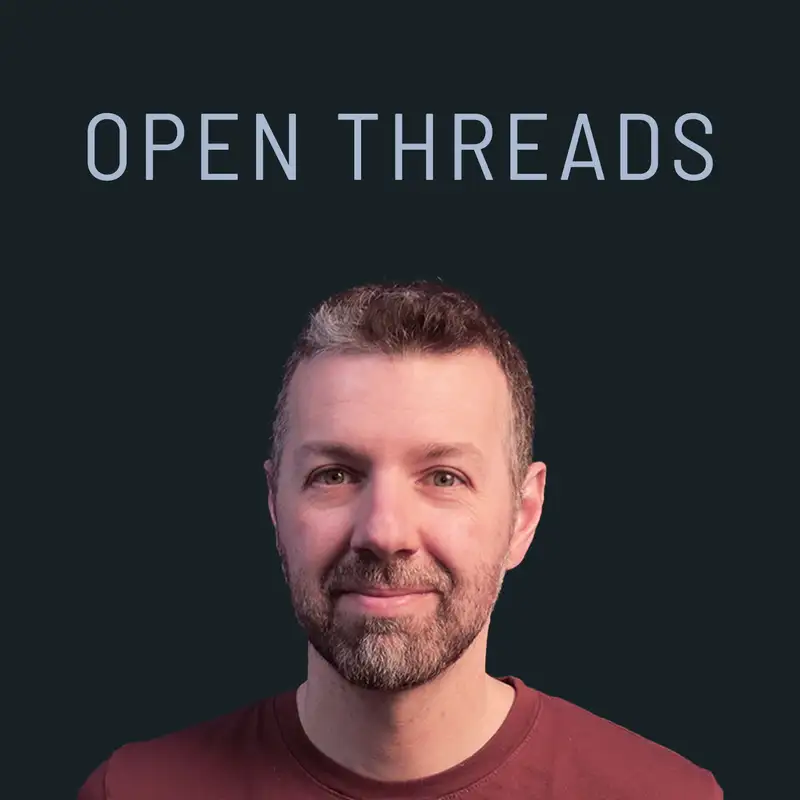The business of snowboarding (in the ‘90s) with Justin Jackson
Justin Jackson, co-founder of Transistor, joins me to share the story of how he started a snowboard shop in the late 90s and what, if any, parallels can be drawn to software businesses today.
Brian and Justin's conversation was recorded on October 3, 2022.
Creators and Guests

Host
Brian Casel
Teaching product skills at https://t.co/slTlMF8dXh | founder @Clarityflow | co-host of https://t.co/pXrCHLdDwe

Guest
Justin Jackson
⚡ Bootstrapping, podcasting, calm companies, business ethics. Co-founder of @transistorfm (podcast hosting).

